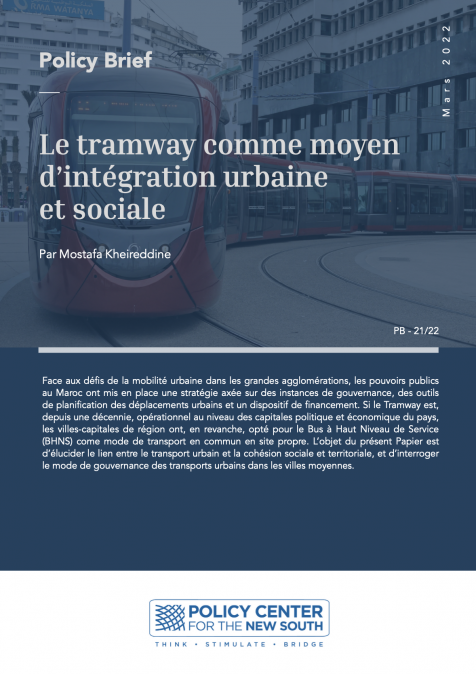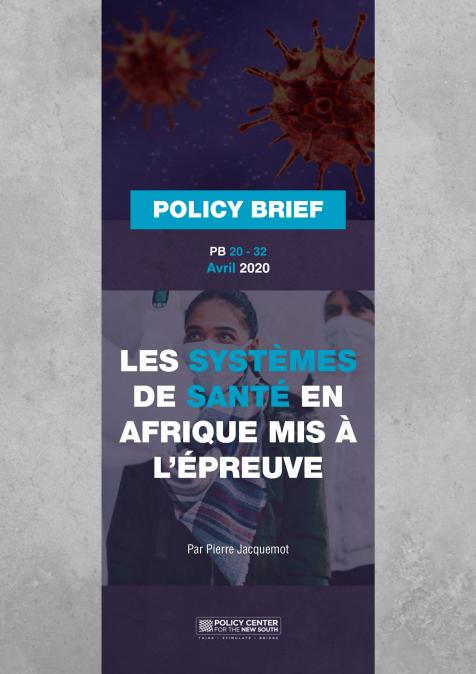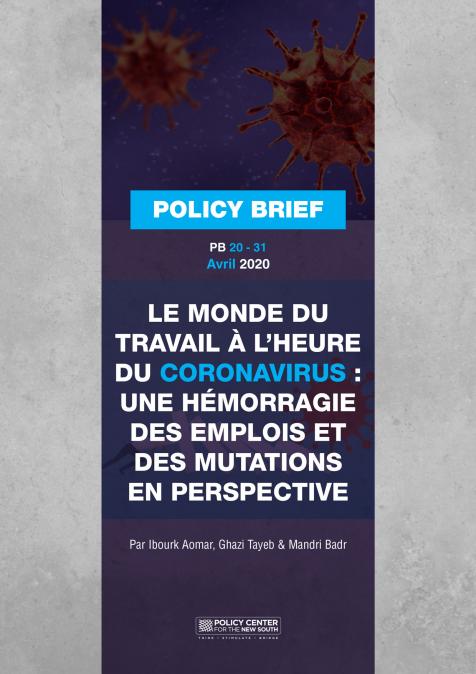Publications /
Policy Brief
Face aux défis de la mobilité urbaine dans les grandes agglomérations, les pouvoirs publics au Maroc ont mis en place une stratégie axée sur des instances de gouvernance, des outils de planification des déplacements urbains et un dispositif de financement. Si le Tramway est, depuis une décennie, opérationnel au niveau des capitales politique et économique du pays, les villes-capitales de région ont, en revanche, opté pour le Bus à Haut Niveau de Service (BHNS) come mode de transport en commun en site propre. L’objet du présent Papier est d’élucider le lien entre le transport urbain et la cohésion sociale et territoriale, et d’interroger le mode de gouvernance des transports urbains dans les villes moyennes.




